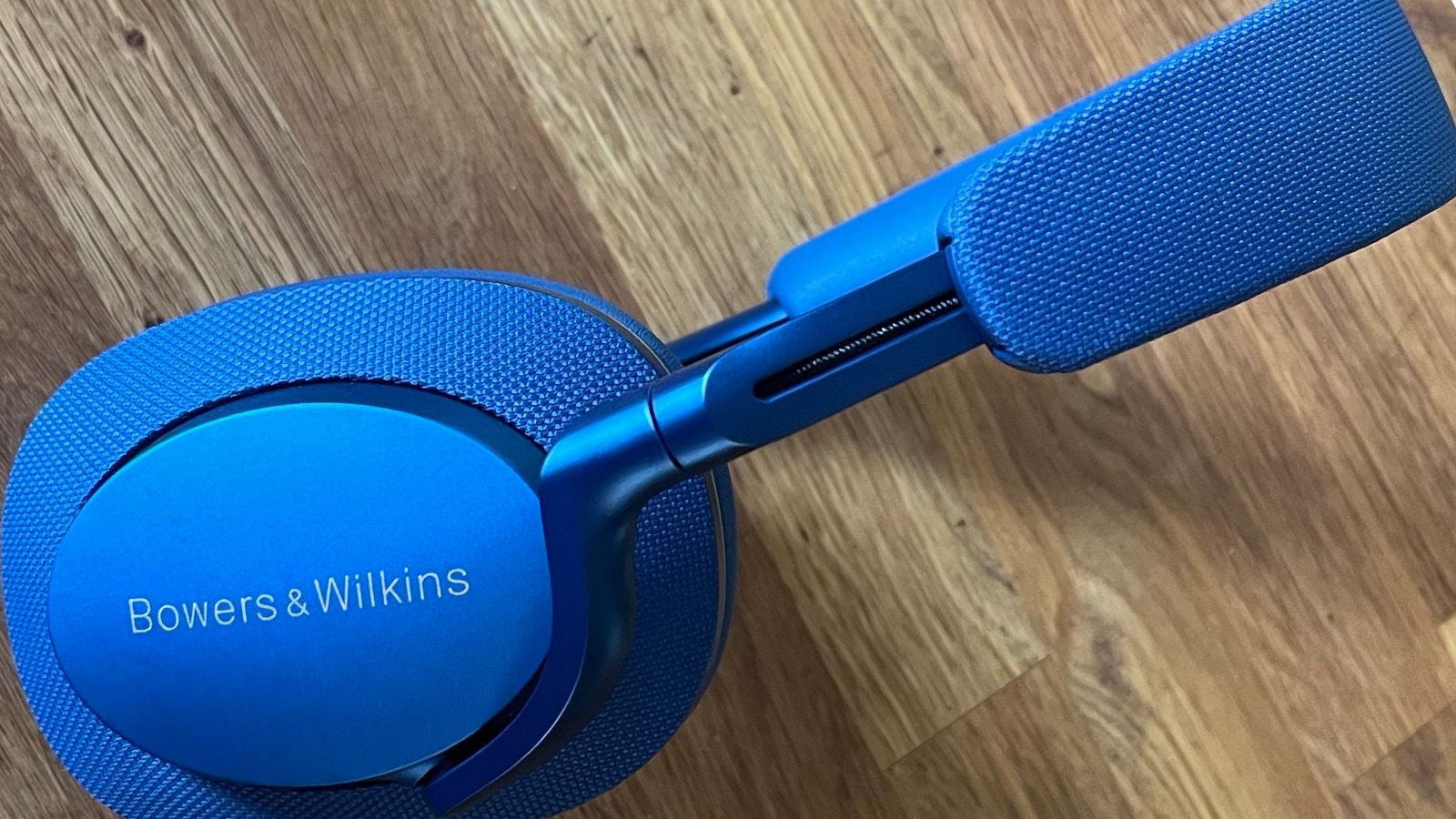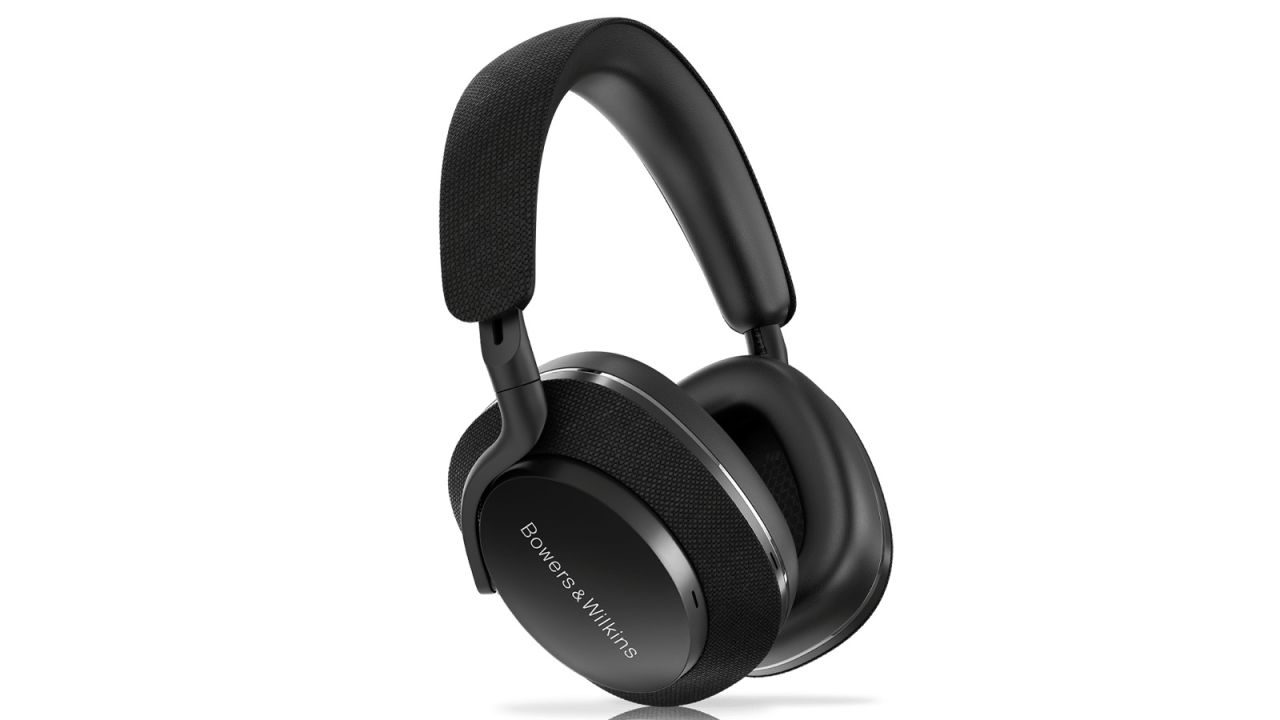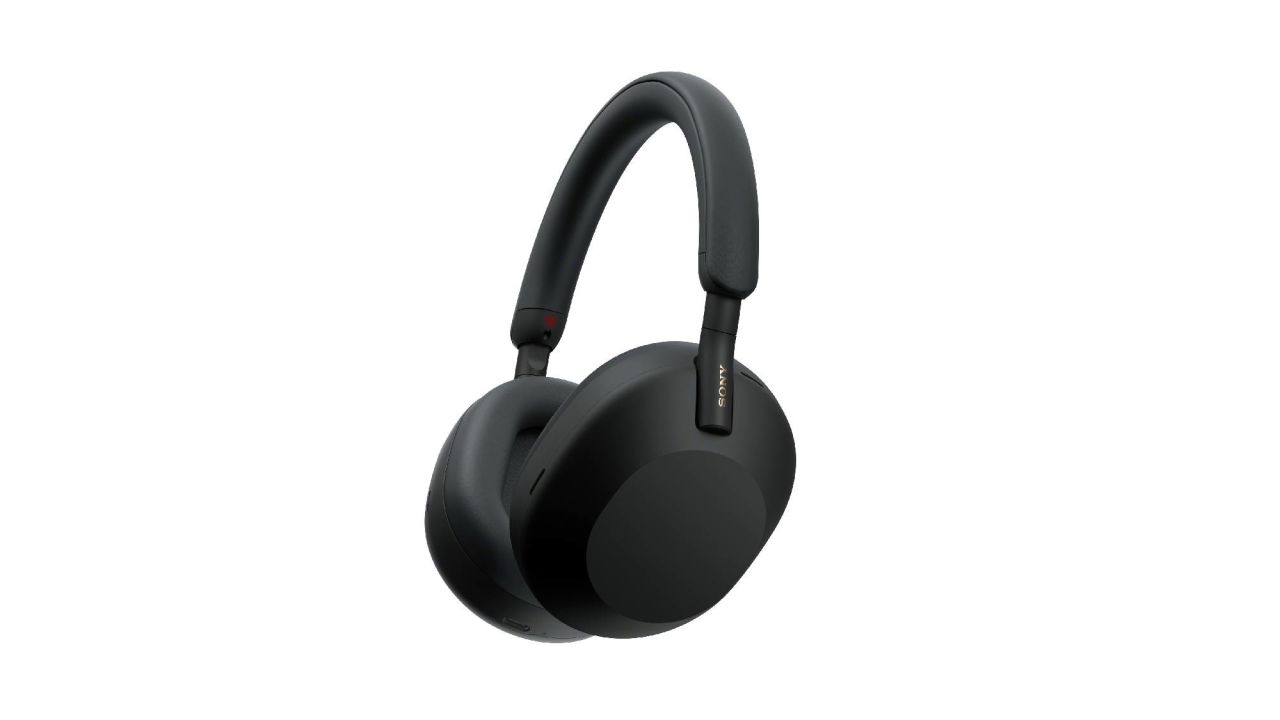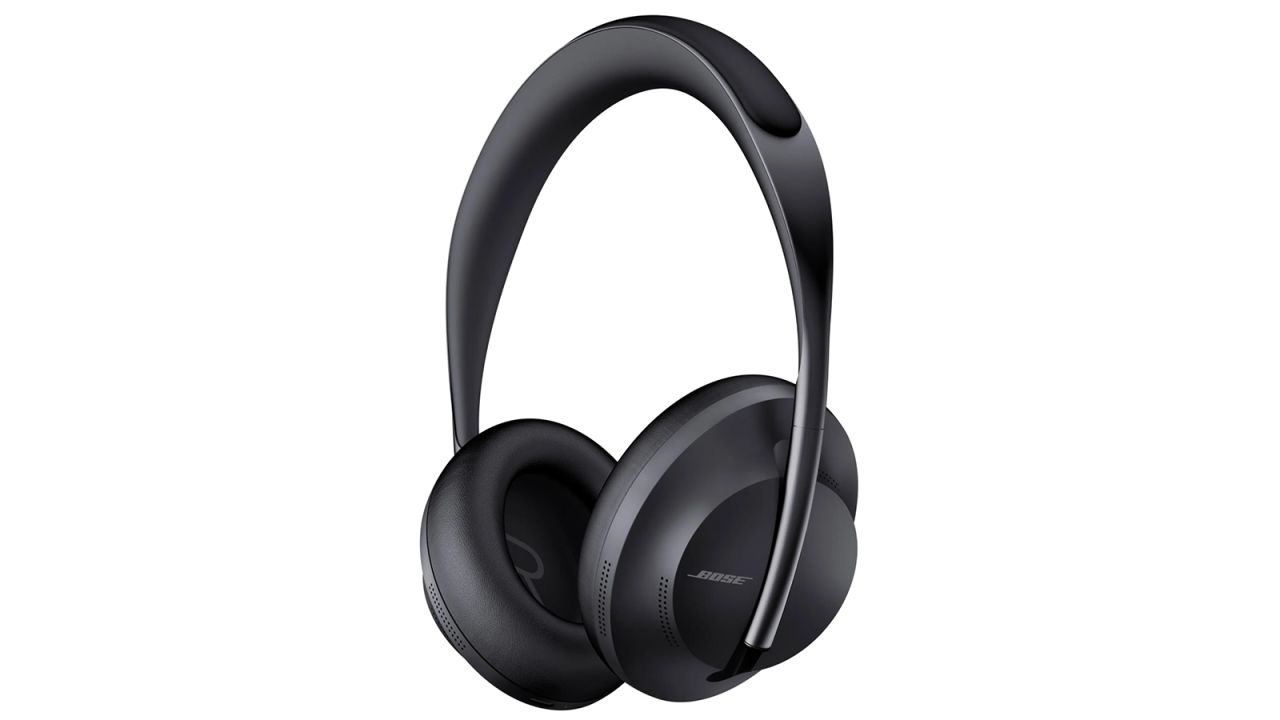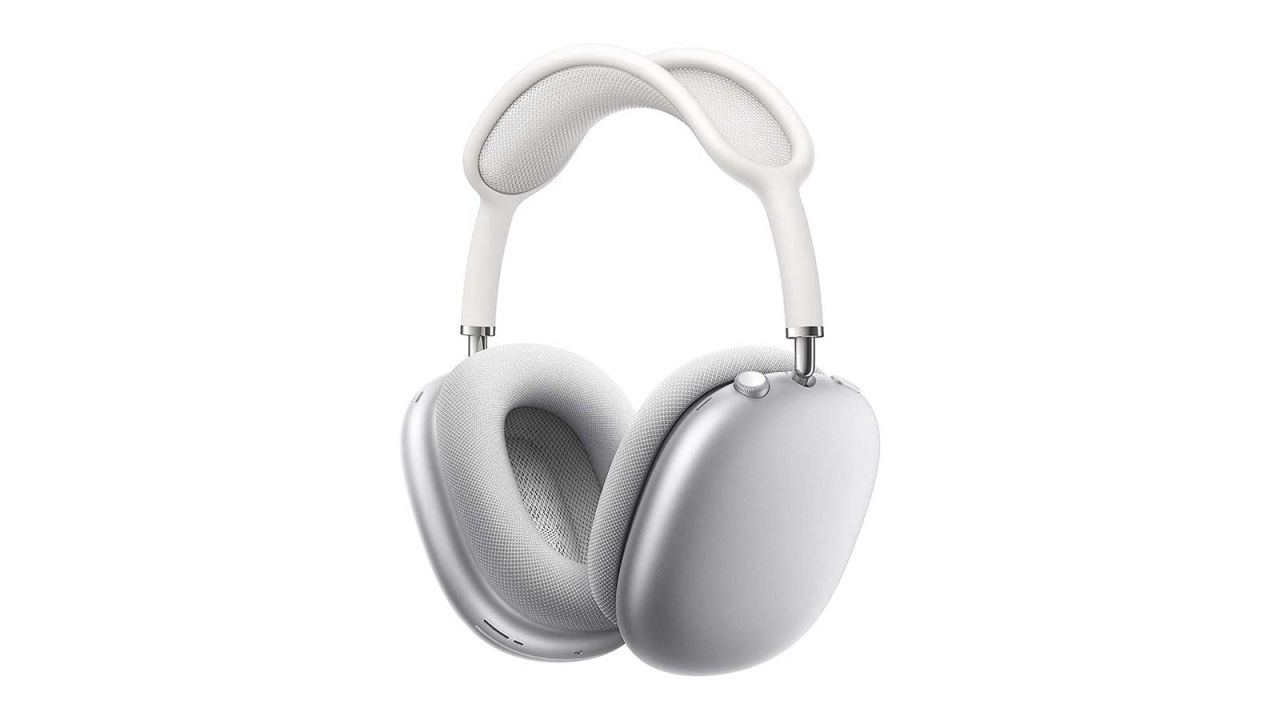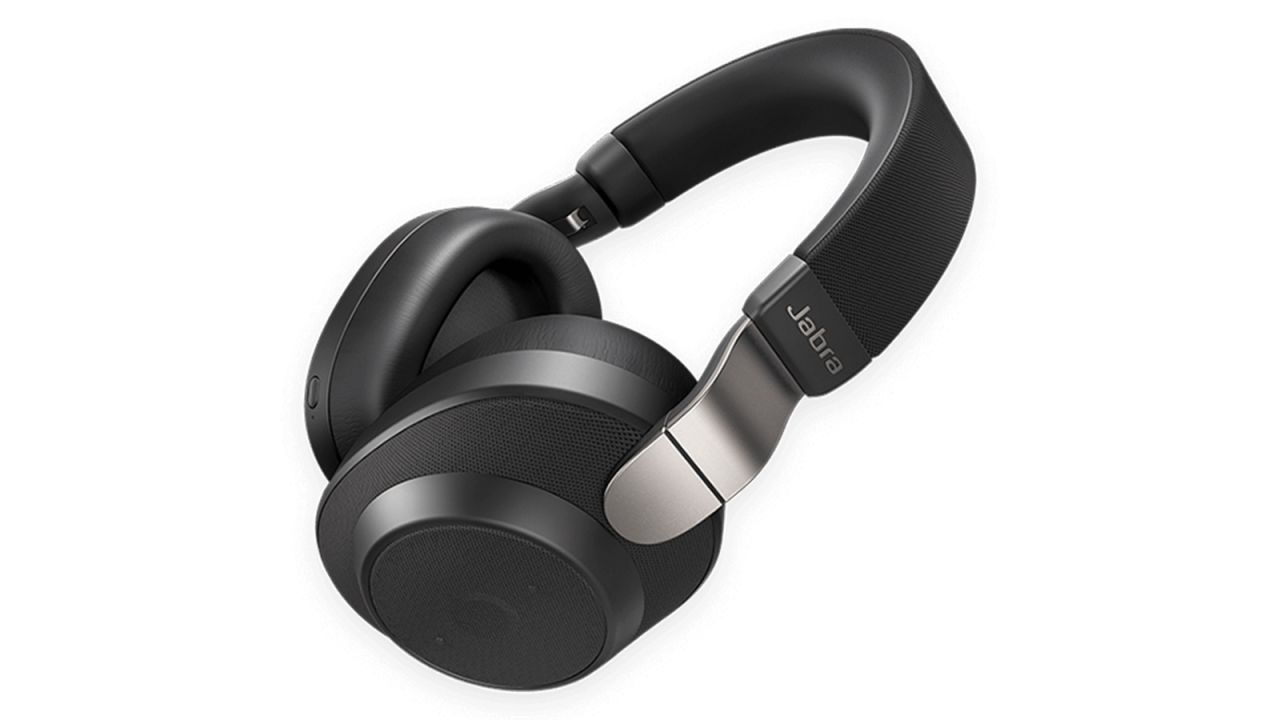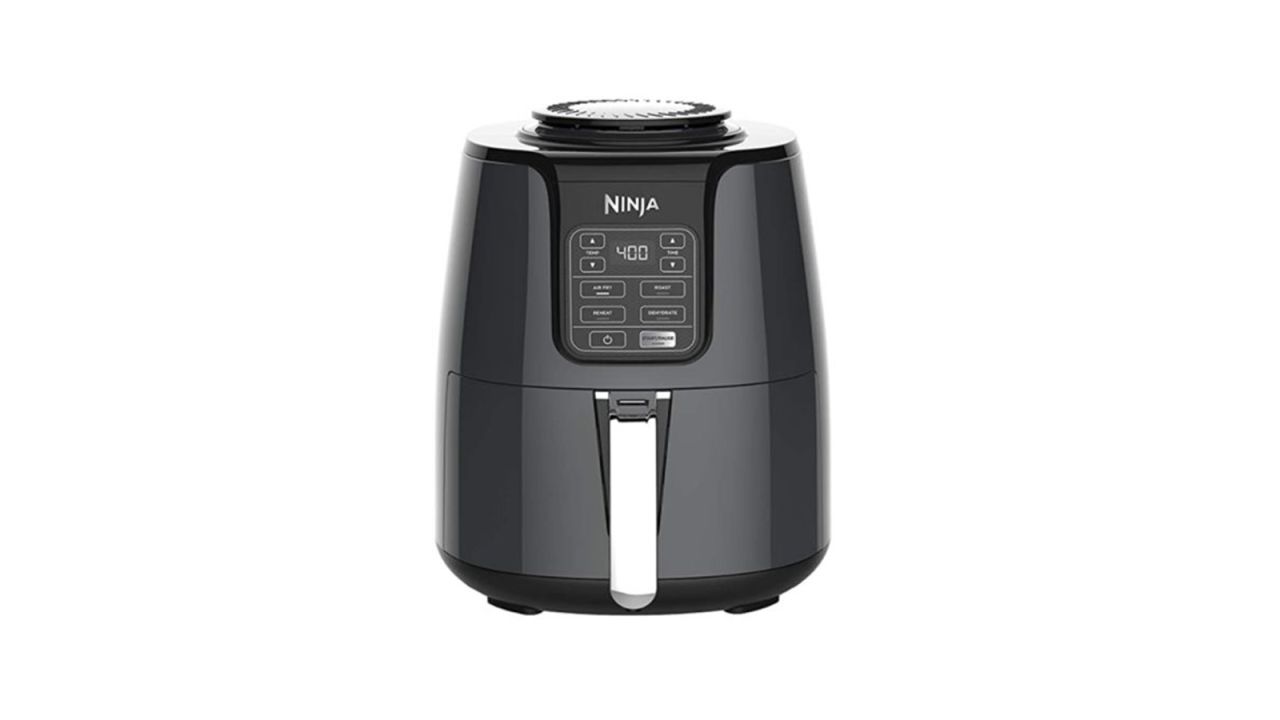The Bowers & Wilkins Px7 S2, the latest update to the company’s longstanding Px line of Bluetooth headphones, is an elegantly appointed over-the-ear headphone that has solid build quality, impressive comfort and the audiophile sonics you’d expect from the British speaker experts.
While headphone shoppers are spoiled for choice in this price range, and many will prefer the superior ANC offered by the Bose 700, the slick iOS integration of the AirPods Max or the overall performance of the Sony XM5,? if you’re a discerning listener into acoustic music (or prefer detail to oomph overall, whatever your taste), don’t need fancy virtual audio features and want something with audiophile cred that you can take with you and wear comfortably all day, the Px7 S2 is the flagship Bluetooth over-ear headphone for you.
What we liked about it
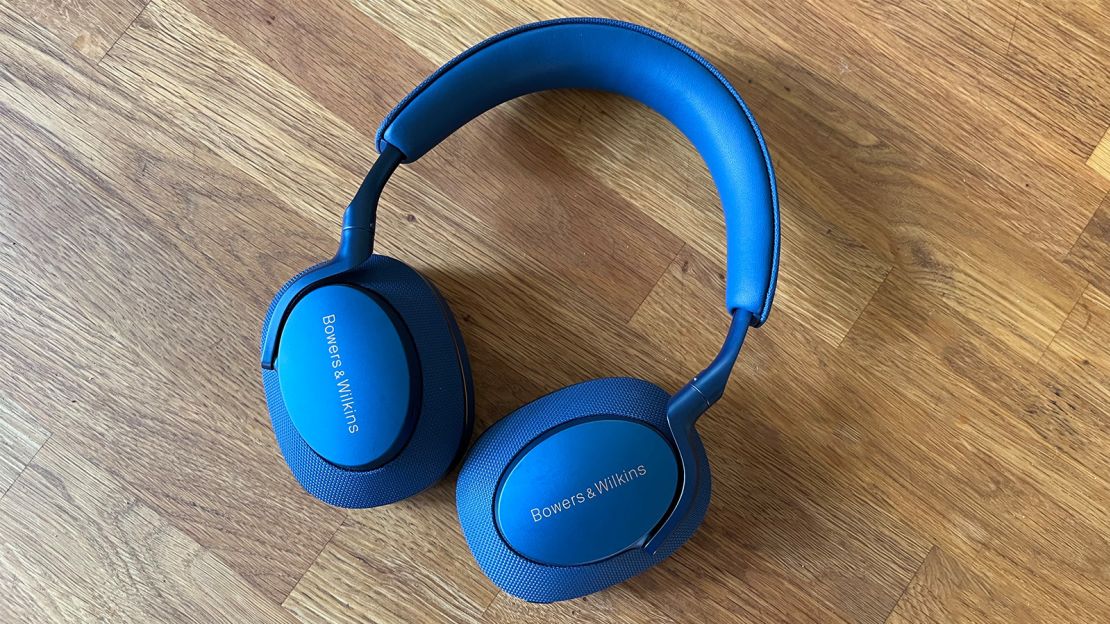
Clear, refined sound
With the Px7 S2, Bowers & Wilkins takes a somewhat different approach than the manufacturers of the other high-end Bluetooth headphones we’ve listened to in the past year. While many of its competitors feature spatialization or extended bass, Bowers & Wilkins has built on their audiophile speaker background, fine-tuning the original Px7 to offer a sonic balance that prioritizes midrange clarity and detail on the top end. This is a serious music-listening headphone before anything else, and it offers serious audiophile-style tuning.
The Px7 S2 shone as expected on selections like the recent recording of Rachmaninoff’s Cello Sonata in G Minor, Op. 19, by pianist Yuja Wang and cellist Gautier Capu?on, producing natural, woody instrumental tones and plenty of air.
This is also a surprisingly good headphone for heavier material too; the midrange detail and overall clarity provide a clear picture of high gain guitars: the aggressive edge of Swedish metal pioneers Entombed’s garage/death’n’roll crossover curiosity “To Ride, Shoot Straight, and Speak the Truth” tends to get lost on many low-end heavy headphones; the Px7 S2 provided plenty of punch without sounding boxy or muddy, leaving ample space for Lars-G?ran Petrov’s gritty vocals.
There’s plenty of low end here too, but it’s tighter than you’ll get from the more bass-forward Sony XM5 or the more spacious-sounding Apple AirPods Max. The Px7 S2 gives a track like Bjork’s new Gabber Modus Operandi-driven “Atopos” the oceanic bass and tangible kick it needs, but it’s not quite as extended as you’ll get from Sony or Apple. And the vocals sound better here.
The Bluetooth spec is very much up to date, at Bluetooth 5.2. Bowers & Wilkins is using the aptX Adaptive audio codec, which can optimize for latency (while you’re watching videos) or quality (for listening). In practice, I didn’t notice any perceptible latency or degradation in audio quality while watching videos of disturbingly fleet-fingered jazz guitar virtuoso Pasquale Grasso at the highest available resolution.
On the audio quality front,?aptX HD/AAC delivers impressive quality, and like the other high-end Bluetooth headphones we tested, the Px7 S2 supports multipoint connections and can connect to two sources for fast switching. Call quality (two of the six onboard microphones are devoted to telephony) is solid too, with no complaints on either end during our testing.
Grown-up fit and finish
The PX7 is a good-looking device, though in a tasteful, grown-up way that differs from the stealth and ultramodern design cues taken by the competition. Our review sample, in a blue finish with gold highlights (you can also get the Px7 S2 in black or gray) has a low-key look and low-profile fit that should suit business travelers and won’t get funny looks in the office. It is very much in keeping with the sonics and likely audience.
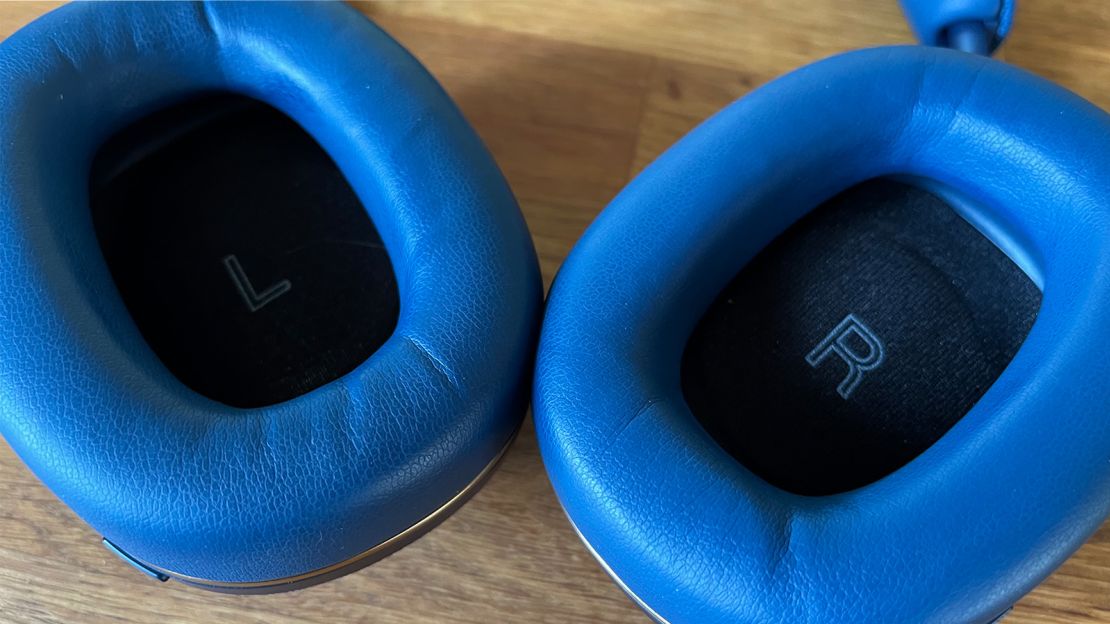
The Px7 S2 is comfortable enough to wear all day, the build feels very solid and the fit and finish are very tight, with no rough edges or flimsy padding elements. The textured finish makes the buttons easy to get a grip on and adds to the substantial feel. The pads do feel a bit small in circumference compared to some competitors, but the earcups are quite deep, with plenty of room for your lobes (and good isolation too).
Well-designed user interface controls and mobile app
Noise cancellation/transparency mode switching, volume and track controls and the power switch are all accessed via traditional manual controls on the earcups. They’re a lot easier to adjust to than the touch controls on competitive high-end models like the Sony XM5 and the Bose 700. Plus, we encountered far fewer inadvertent button presses during testing and preferred the old-school reliability of dedicated controls.

For fine-tuning, the app gives you access to a two-band EQ; this is useful if you feel like taming the top end a bit or adding a little more bass (we didn’t feel this was necessary, but if you want more heft for the low end, it’s there). You can also manage device connections, toggle noise-canceling and transparency modes or assign the left-earcup programmable button to either toggle noise cancellation or activate your virtual assistant of choice.
Solid battery life
On par with the competition, Bowers & Wilkins claims that a full charge (which takes about 2 hours) provides 30 hours of wireless use with noise cancellation on; this was borne out in our testing, when we spent an entire week of workdays listening to the Px7 S2s and didn’t need to charge until Friday.
They do have quick charge — you can get up to 7 hours of medium-volume listening (plenty to get through a flight if you realize you’re out of juice while waiting at the gate) from a 15-minute charge. Again, not quite on par with the Sony XM5, but plenty for real-world use (which is true for all of the headphones in this category we’ve examined — the state of the art is?high right now).
What we didn’t like about it
ANC does the job, but isn’t on par with the competition
ANC is effective, and did a good job in our listening on air conditioning, traffic noise and ambient sounds, without any noticeable artifacts, even when listening to acoustic instrument tracks. It doesn’t quite bring things down to the deathly silence produced by Bose or Sony, nor can it be tailored as finely as the Bose, but it gets the job done. Probably a given that the Px7 S2s are voiced with more of a mid-treble tilt than the competition, but there’s some perceptible high-end chaff leftover when ANC is switched on. But you’ll only notice that if you’re using these without any playback on a plane, in which case you’ll likely be napping anyway (and you’re probably wearing Bose 700s or QC45s anyway), so I’m not sure it’s much of a downside.
Connectivity features not as slick as some others
The Px7 S2 is a modern Bluetooth flagship, and offers the usual suite of Bluetooth 5.2 features — multipoint connection (to two source devices) and automatic pause/resume when you take off and put down the phones.
Multipoint worked fine in our testing, but I found the wear sensor a bit touchy to work with. On the Sony and Apple headphones this feature just worked perfectly right out of the box (the AirPods Max seem positively psychic in this respect). With the PX7 — which offers three levels of sensitivity for this feature — I had trouble finding the right setting. On the lowest I found it slow to respond, and on the highest it was overly sensitive, pausing when I turned my head enough to slightly move the cup off of my ear. You’ll want to play around with these settings; I settled on “normal” but even so the headphones occasionally kept on playing when set down on a desk.
Idiosyncratic wired implementation
Interestingly, you can use the Px7 S2 wired (via a supplied USB-C to 3.5 mm cable), but you can’t use them when they’re out of battery — everything depends on the internal amp. This seems meant more for audiophiles who struggle with the sound of even aptX HD Bluetooth playback and just want an analog connection. In our opinion it sounds a tad better, but it isn’t enough to really matter for most people. It’s nice to know the option is there, however limited the option is.
Bottom line
The Px7 S2 combines everyday usability features with a decidedly audiophile voicing. In that, it doesn’t really compete with more music-specific exotics like HiFiMan’s Deva (which skips fancy connectivity options and ANC), or with the Mark Levinson No. 5909 wireless model (which costs more than double the price) but offers something different for music fans who want something they can use all the time.
It doesn’t have the overall low end weight of the Sony XM5, or the fancy spatialization features of the AirPods Max. But that’s likely not what you’re looking for if you’re interested in something like the Px7 S2 anyway. So,If you’re primarily into acoustic instruments or vocals — think classical or jazz — you’ll be very happy with the mid/high voicing, which has plenty of clarity on tap, and unless you’re a serious bass head, there’s plenty of well-defined low end and punch for heavier stuff too.
How our picks compare
|
Best Bluetooth headphone for audiophiles
|
Best Bluetooth headphone overall
|
Best noise-canceling Bluetooth headphones
|
Best Bluetooth headphones for Apple users
|
Best budget Bluetooth headphones
|
|
|---|---|---|---|---|---|
| Battery life | 30 hours |
30 hours |
20 hours |
20 hours |
36 hours |
| Fast charging | 7 hours of playback in 15 minutes |
3 hours of playback in 3 minutes |
3.5 hours of playback in 15 minutes |
1.5 hours of playback in 5 minutes |
5 hours of playback in 15 minutes |
| Microphones | 6 (4 for ANC; 2 for calls) |
8 (8 for ANC; 4 for calls) |
8 (6 for ANC; 4 for calls) |
9 (8 for ANC; 3 for calls) |
8 (4 for ANC; 6 for calls) |
| Multi-device pairing | Yes (2 devices, Bluetooth multipoint) |
Yes (2 devices, Bluetooth multipoint) |
Yes (2 devices, Bluetooth multipoint) |
Yes (automatic source switching via iCloud) |
Yes (2 devices, Bluetooth multipoint) |
| Colors available | Blue, black, gray |
Black, white |
Black, Luxe Silver |
Space Gray, silver, green, pink, sky blue |
Black, copper, Gold Beige, navy blue, Titanium Black |
| Weight | 0.68 pounds |
0.55 pounds |
0.56 pounds |
0.85 pounds |
0.65 pounds |
| Price | $399 | $397.95 | $379 | $429 | $249.99 |
